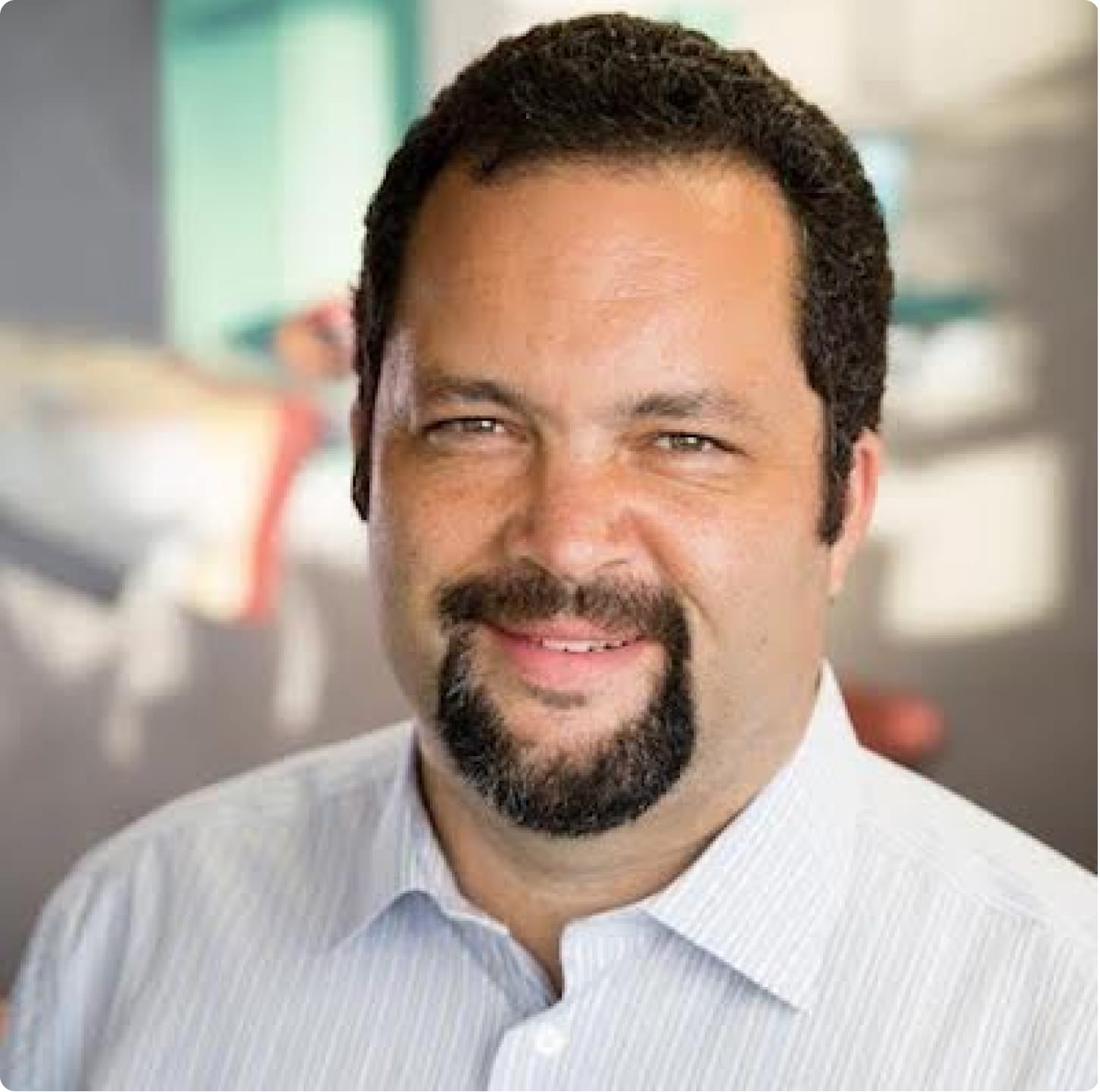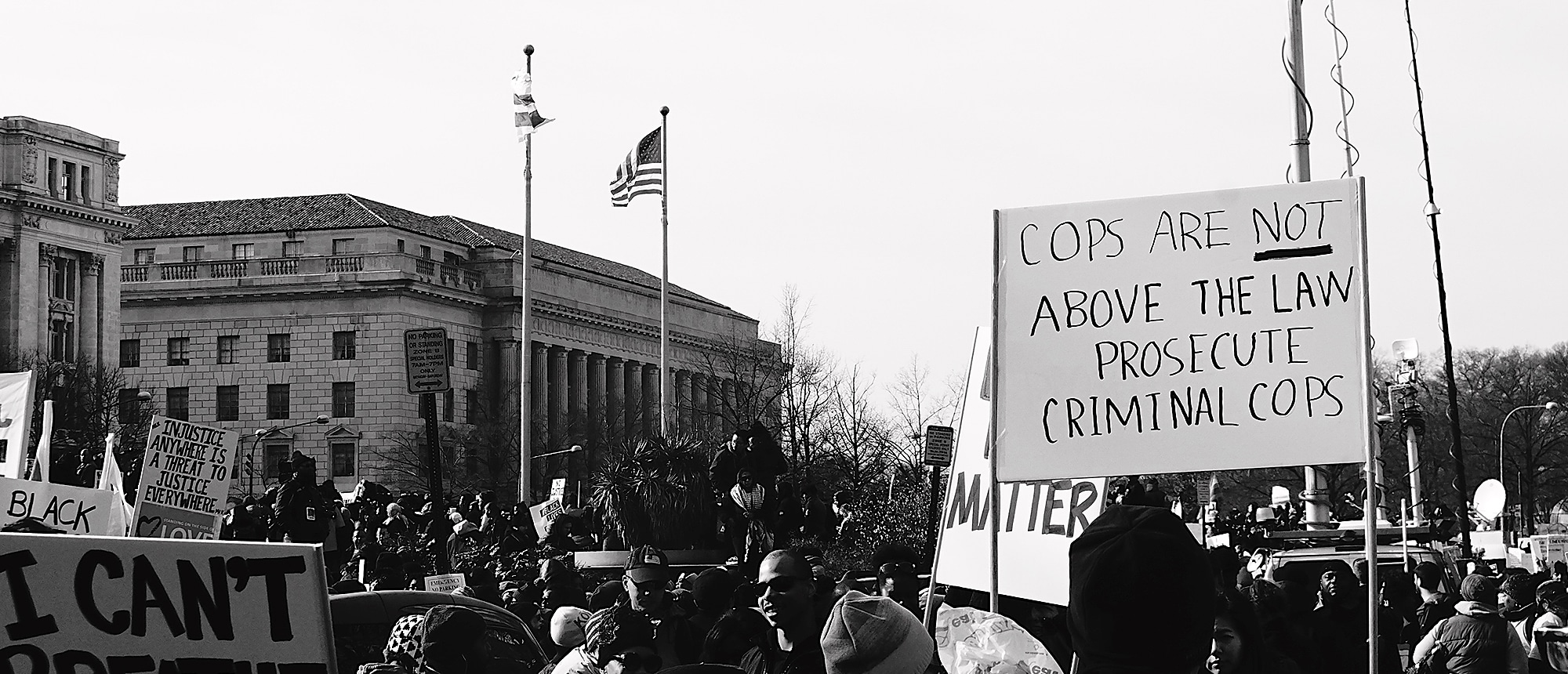How I Plan To Address Police Violence In Black Communities
My son is only 5 years old and we’ve already had “the talk.” I can recall being a little older when my grandfather, a probation officer, had the same talk with me. It’s the same talk that has been given time and again in black families following the deaths of Eric Garner, Terence Crutcher and Michael Brown, all unarmed black civilians who lost their lives at the hands of police.
When Baltimore City erupted into riots following the death of Freddie Gray, I found myself in the basement of a local church having a larger version of the talk. In that basement, dozens of young activists had gathered to protest what they viewed as another example of excessive police force taking the life of an unarmed black person. I wanted them to know how to be safe while peacefully making their voices heard.
Following the election of Donald Trump, I was inspired to go back to my activist roots. I had already led the NAACP and, before that, spent decades as a civil rights leader and community organizer. As I thought through how I wanted to contribute in the Trump era, I thought back to my talk with my son, my grandfather’s talk with me and the talk I gave those young activists in Baltimore.
With Trump in the White House and Jeff Sessions in the U.S. Attorney General’s Office, I decided to launch my campaign for governor of Maryland in part because the times require elected leaders who understand these issues and have the courage to act. Only then can we finally have a generation where, perhaps, “the talk” won’t be needed.
We have a long way to go, but we can stop the killings of unarmed civilians at the hands of police and, in doing so, make our communities safer. The overwhelming majority of law enforcement officers are good and decent people, but their reputations and ability to do their jobs effectively are tarnished by a small number of bad officers who don’t deserve to wear a badge.
The actions of these bad officers have resulted in senseless deaths and millions of dollars in police settlements—money that could have been used to help educate our children. For these reasons and so much more, we can’t have the 2018 elections come and go without challenging every candidate for office to put forward his or her plan to address police misconduct and the killings of unarmed civilians.
My plan for Maryland is one that could be adopted in whole or in part in any state. Entitled Building Trust, the plan calls for increased civilian oversight, both in any specific instance when an officer is accused of misconduct and more broadly to provide input into how police departments should be structured and relate to their communities. I also call for a special prosecutor’s office that oversees all allegations of police misconduct and ensures that the often cozy relationship between the police officers who commit crimes and those charged with punishing them is no more.
Should a police settlement occur, my plan would end the practice of nondisclosure agreements so that victims of police brutality are not silenced. My plan would also create a public database that tracked every instance of police use of force so that this information is easily accessible and searchable. This reduces the chances that an officer with a troubled past will be able to move from one jurisdiction to another without scrutiny.
Building Trust is not just the title of this plan; it is essential if we are to stop the killings of unarmed civilians, end police corruption and improve public safety. Trust becomes tattered when officers are insufficiently trained and unaccountable to civilian oversight, and when those who violate the public’s trust are too often protected by a pervasive culture of impunity. In this plan we outline key ways that state and local governments can implement key reforms to create strong bonds of trust between communities and the police departments sworn to protect them.
Building Trust seeks to break the false dichotomy that improving public safety has to come at the price of justice, or that if you are opposed to police misconduct, you are anti-police. My grandfather’s example demonstrates that most officers are hardworking individuals seeking to protect our communities. We owe it to them to give them the proper training they need and to root out those within their ranks who fail to live up to their badges.
We should not allow any official seeking public office to secure our vote without them first listing in detail where they stand on this basic issue of fairness, justice and public safety. We need members of Congress who will stand up to Trump and Sessions, and we need leaders at the state level who will replace those in leadership who have been silent on these issues. I hope to achieve that for Maryland by defeating our current governor, Larry Hogan, who continues to be silent despite the unrest that occurred in our state’s largest city following the death of Freddie Gray, and a recent police corruption trial that showed how broken the Baltimore City Police Department is.
We can end corruption, stop the killings of unarmed civilians and finally create the trust that will provide the safety we need in our neighborhoods. There is no shortage of solutions to these problems, just a shortage of leaders with the courage to address them head-on. In 2018, at the ballot box, we must demand better.

